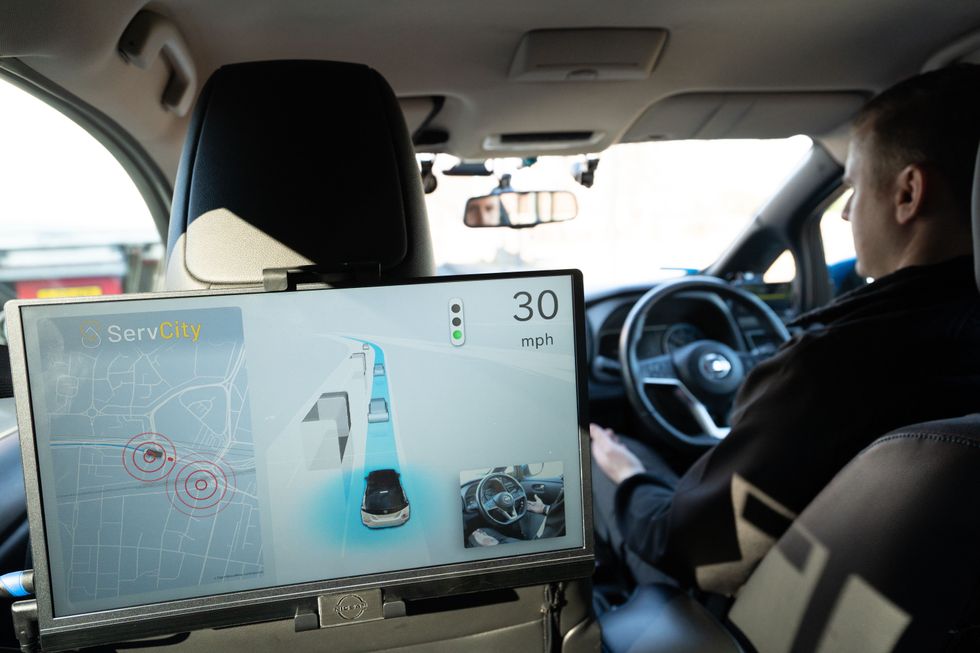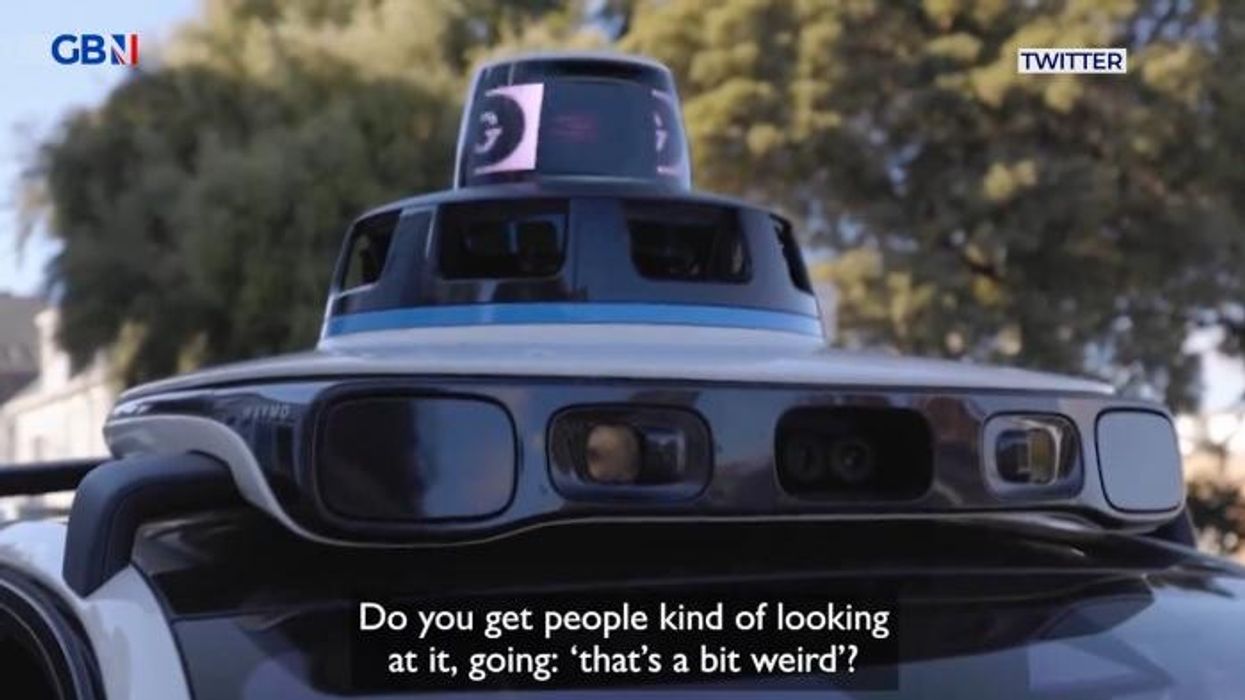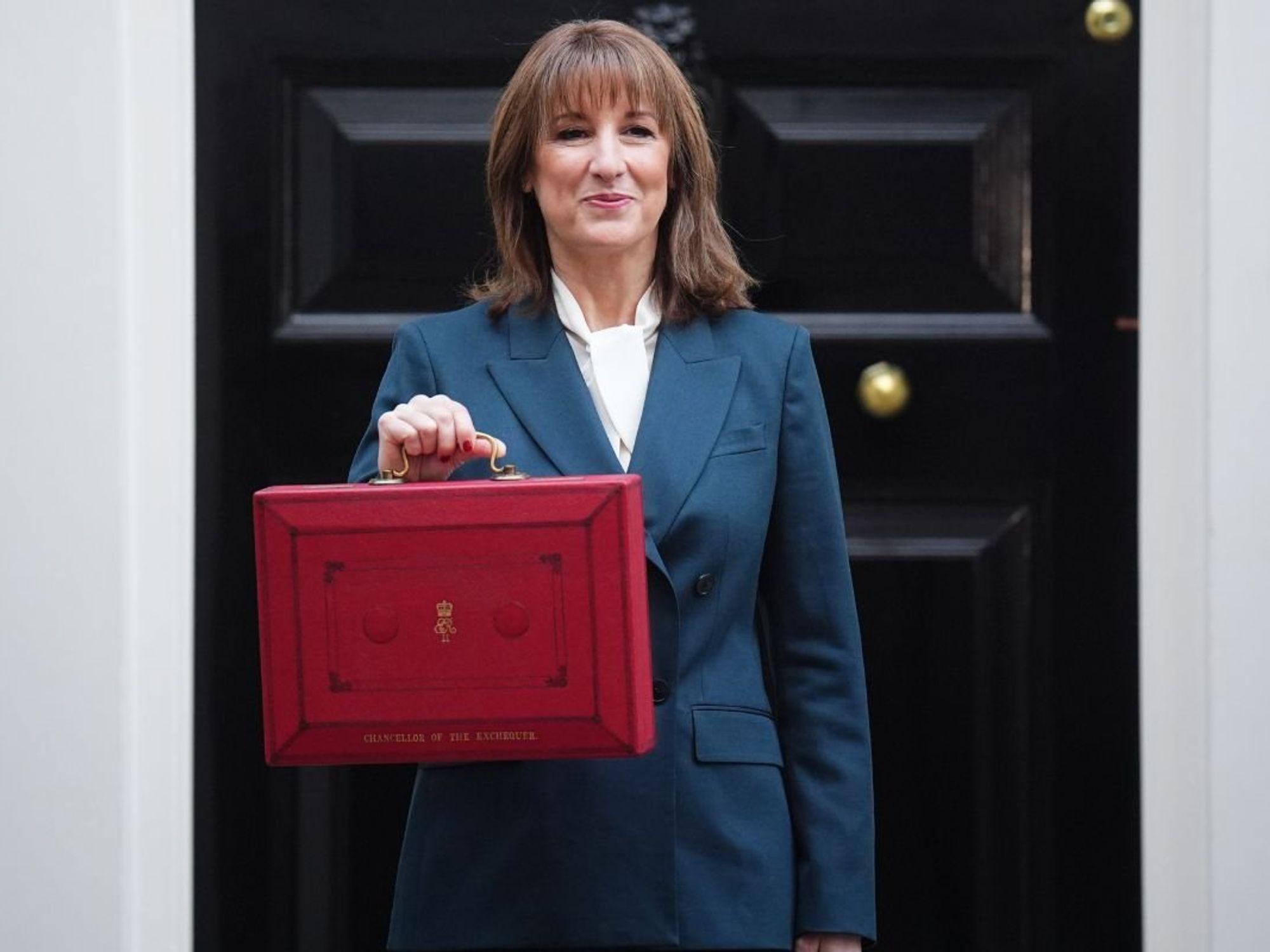Motoring law changes are 'fundamental' or UK drivers may not see self-driving cars on roads until 2030

Experts have warned that progress could be lost if new laws are delayed until after the election
Don't Miss
Most Read
Latest
Motoring experts are urging the Government not to delay its decision on the Automated Vehicles Bill until after the general election as support is “fundamental” to help propel the sector forward.
The Bill, which is currently making its way through the House of Commons, saw momentum pick up as it entered the Committee Stage process.
The Society of Motor Manufacturers and Traders (SMMT) has warned that if the Government calls a general election the Bill could be pushed back to 2030.
The organisation stated that any further delays will give rival markets in the European Union and the United States a competitive edge as they already have regulatory frameworks in place.
Do you have a story you'd like to share? Get in touch by emailing motoring@gbnews.uk

The SMMT said the self-driving tech has the capacity to reduce the risk of human error
| PAThe legislation would help the UK unlock massive safety and economic benefits of self-driving passenger cars and public transport services while supporting the rollout of electric vehicles.
The SMMT said the self-driving tech has the capacity to reduce the risk of human error and could save an additional 3,200 lives and prevent 53,000 serious accidents by 2040.
It could also help raise £38billion for the economy, but only if the Automated Vehicles Bill is introduced without delay.
If the bill continues on its current trajectory it is unlikely that the public will see self-driving vehicles on British roads until at least 2026, the SMMT highlighted.
But should the legislation be delayed until after the general election, that date is likely to be nearer to 2030, putting the UK at a “significant disadvantage”.
Mike Hawes, SMMT chief executive, said: “Backing the AV Bill now is fundamental if Britain is to not only develop but deploy self-driving passenger cars and services.
“We have the foundations, but other major markets are stealing a march, with regulation already in place allowing them to benefit from UK-developed self-driving tech that cannot be rolled out here.
“Any further delay risks leaving Britain in the slow lane, jeopardising our competitiveness and holding back the significant safety and economic rewards self-driving technology can deliver.”
Data from the organisation found that nearly a third of adults would use an automated bus, shuttle or taxi service if it were available today.
Meanwhile, one in four said they are likely to try self-driving features in a personal car, even though they have yet to experience the technology
The poll also found that young people are almost twice as likely to try a personal car with self-driving features than any other age group.
The SMMT Connected and Automated Mobility report stated that the opportunity for technological progress is now.
LATEST DEVELOPMENTS:

Mark Harper has heavily supported self-driving cars
| PAIt detailed how inaction is not an option if the UK is to remain a global force in the development and adoption of new technology that will shape mobility for the next century and improve the way travel and goods are delivered.











